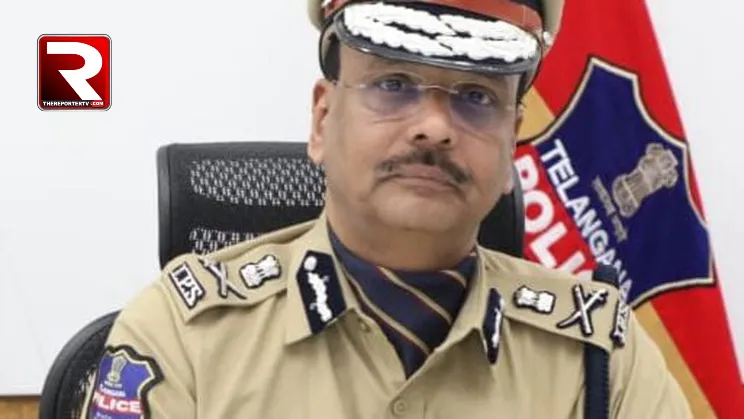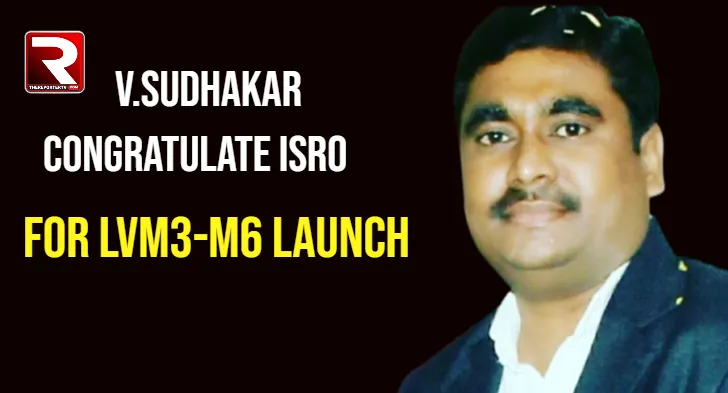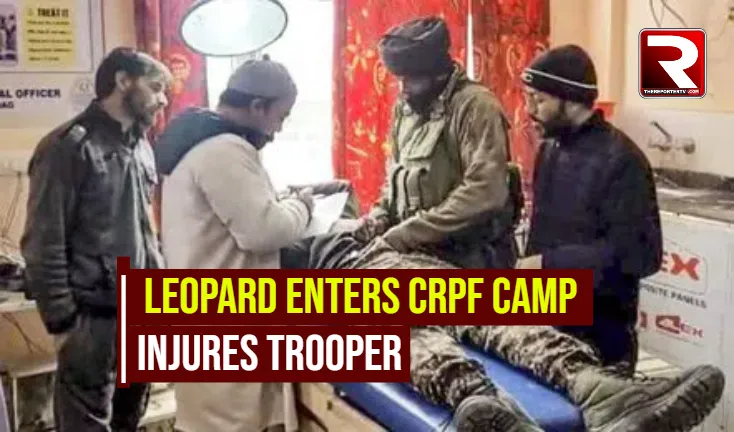New Delhi: In a second high-level briefing within 24 hours on ‘Operation Sindoor’, senior Indian military officials underlined that India’s recent military action was directed solely at terrorist infrastructure, not the Pakistani military, asserting that Pakistan’s protection of militants left India with no choice but to respond.
Air Marshal AK Bharti, speaking at the press conference, made it clear that India’s operations were a response to terrorism, not an act of aggression against Pakistan. “We reiterate that our fight is against terrorism and its support infrastructure, not the Pakistan military. But Pakistan chose to protect the terrorists, so we retaliated,” Bharti said. “On May 7, we targeted only terror camps.”
The operation followed the April terror attack in Pahalgam, which left 26 civilians dead and marked a shift in terrorist tactics, according to the military. India blames Pakistan for enabling such attacks by providing sanctuary and support to terrorist groups.
Bharti emphasized the preparedness and effectiveness of India’s defensive capabilities, stating that Pakistan’s retaliatory strikes had minimal impact. “Our air defence system stood as a wall… It was almost impossible for the enemy to penetrate,” he said. India’s indigenous systems, including the Akash missile defence, played a critical role in neutralizing several drones and unmanned vehicles deployed by Pakistan.
He also showcased images and video evidence of damage inflicted on Pakistan’s Nur Khan Airbase and destroyed military assets, underscoring the low casualty and damage rate on the Indian side.
Lt Gen Rajiv Ghai, Director General of Military Operations (DGMO), highlighted the changing nature of terrorism in the region, citing the recent attacks in Pahalgam and Shiv Khori as examples of a new, more aggressive approach. “Pahalgam was the last nail in the coffin,” he remarked. Ghai credited the synergy among the Army, Air Force, and Navy for the successful outcome of Operation Sindoor and praised the Border Security Force (BSF) for their active role in the operation.
Drawing an unusual comparison, Ghai likened India’s coordinated military response to the discipline seen in cricket, referencing the retirement announcement of Indian cricket captain Virat Kohli earlier in the day. “Like cricket, military operations need precision, timing, and unity,” he said.
Vice Admiral AN Pramod assured the nation that the Navy is closely monitoring maritime threats, utilizing advanced sensors and intelligence inputs to prevent infiltration and attacks.
In a sign that diplomatic channels remain open, DGMOs from both India and Pakistan are scheduled to hold talks later today. These discussions are expected to focus on the ceasefire agreement reached on May 10, though India has already accused Pakistan of breaching the terms by sending drones into Jammu and Kashmir and parts of Gujarat.
Earlier, Prime Minister Narendra Modi chaired a high-level meeting with Defence Minister Rajnath Singh, External Affairs Minister S Jaishankar, National Security Advisor Ajit Doval, Chief of Defence Staff, and the three service chiefs to review the situation and plan future security strategies.
During yesterday’s initial press conference, military leaders confirmed that 100 terrorists, including key figures such as Yusuf Azhar, Abdul Malik Rauf, and Mudasir Ahmed, were eliminated during the May 7 strikes. These actions were described as targeted retaliation for the Pahalgam massacre.
As India maintains a firm stance against terrorism, the military leadership reiterated its readiness to carry out similar operations if provoked. “India will remain ready to undertake any future missions,” said Air Marshal Bharti, reaffirming the country’s commitment to national security.












